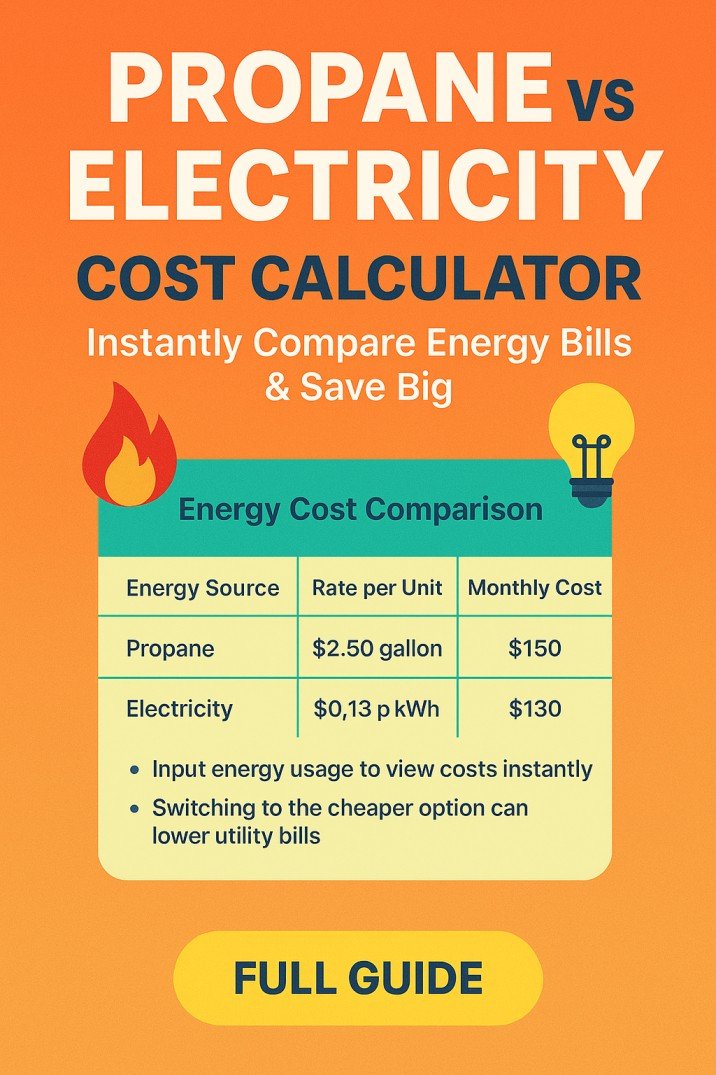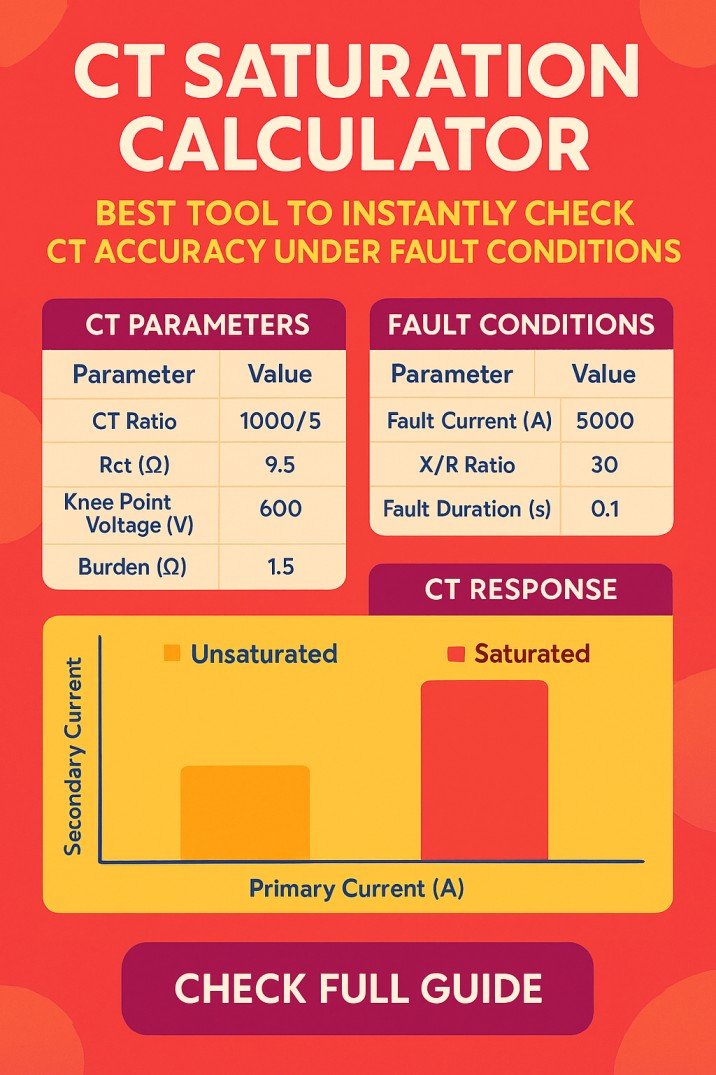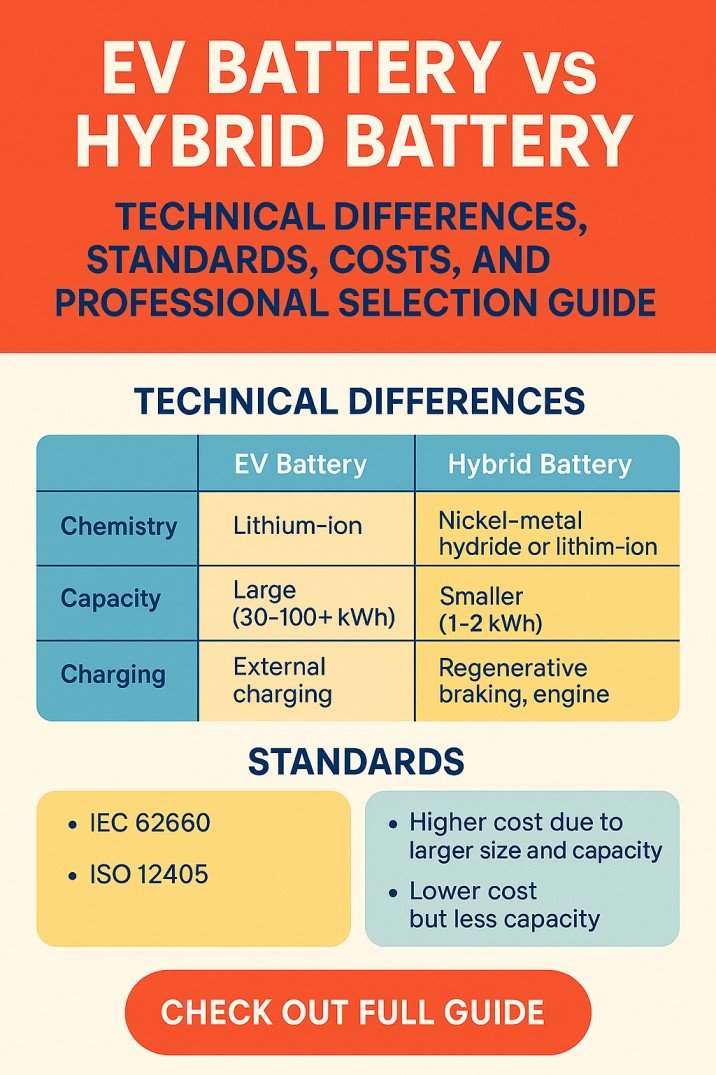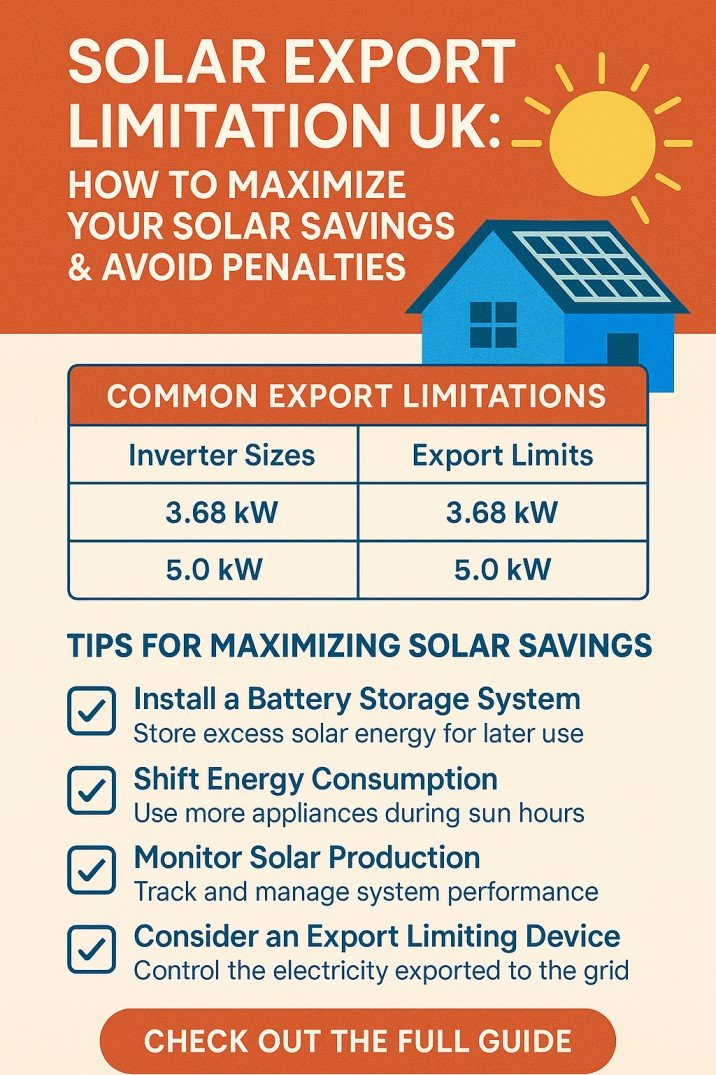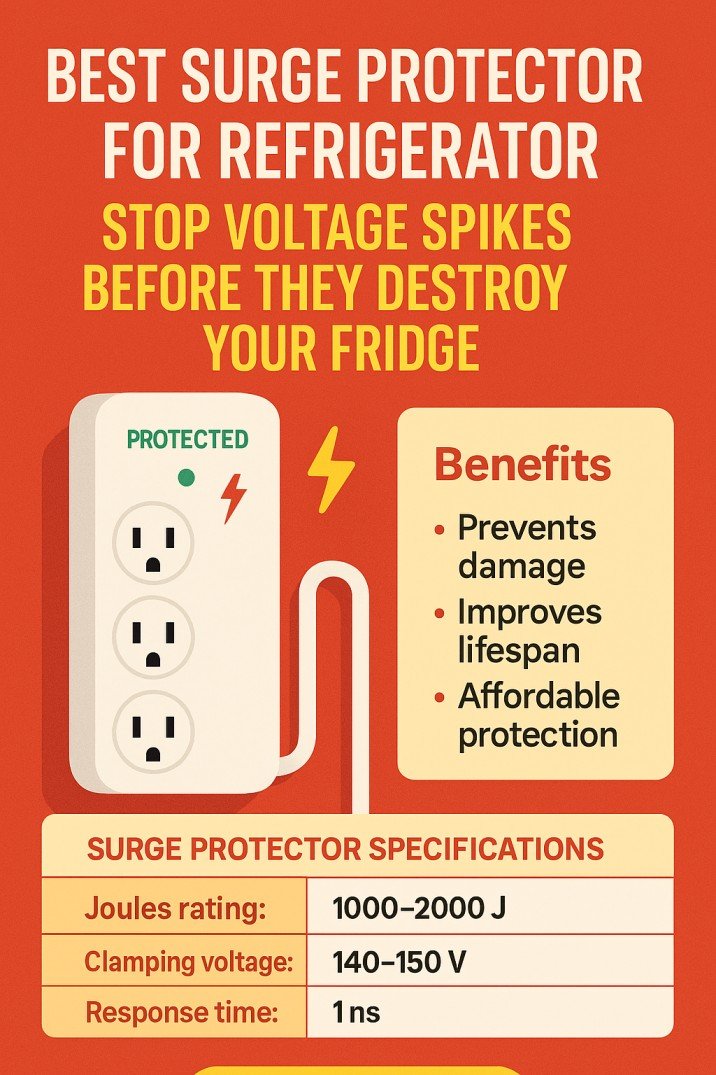Best Outdoor Rated EV Chargers for Australian Weather
Electric vehicles (EVs) are growing fast in Australia. More people are installing home chargers and workplaces are adding charging stations. But one important factor is often overlooked: outdoor durability. Unlike indoor chargers, outdoor EV chargers must withstand Australia’s unique weather conditions. From scorching summer heat to heavy rain, salt air near the coast, and occasional dust storms, the equipment must perform reliably all year round.
Choosing the best outdoor rated EV chargers for Australian weather is about more than just charging speed. It involves IP ratings, UV protection, build quality, safety certifications, and long-term warranty support. If you pick the wrong unit, you risk poor performance, breakdowns, or costly replacements. That’s why we’ve put together this detailed guide to help you choose wisely.
Table of Contents
Table of Contents
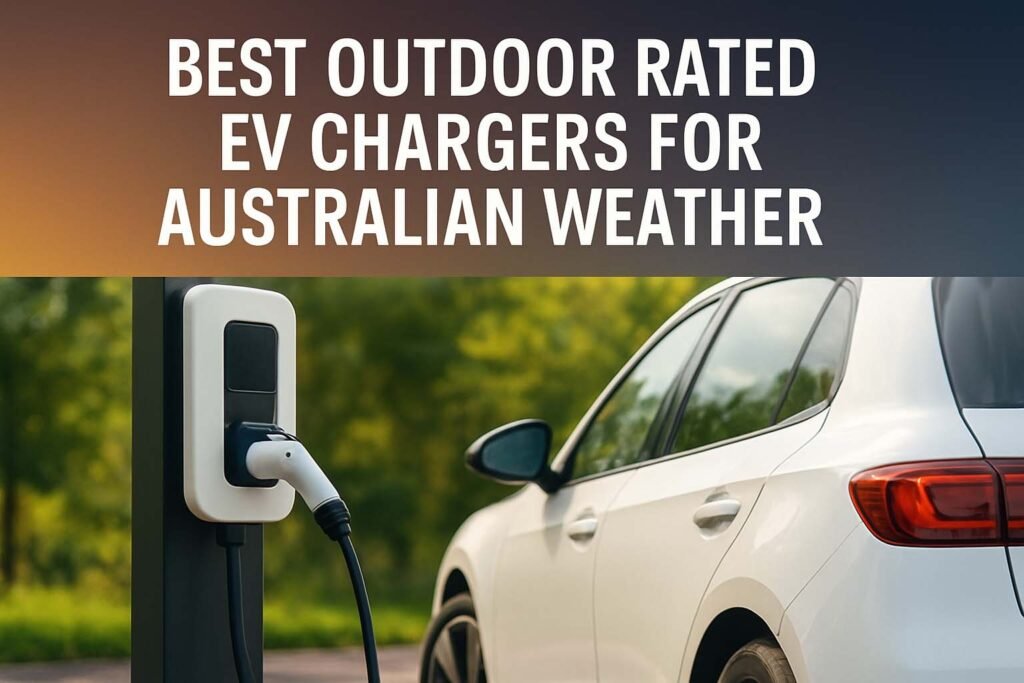
In this article, we’ll explore the features that make EV chargers suitable for Australian weather, compare top-rated models, and share expert tips for installation and maintenance. Whether you need a home wallbox or a commercial solution, this guide will help you find the best outdoor rated EV chargers for Australian weather.
Key Takeaways
- Outdoor rated EV chargers must handle heat, rain, UV rays, and dust.
- Look for IP54 or higher protection, UV-resistant materials, and surge safety.
- Brands like Tesla, Wallbox, Zappi, and Delta offer excellent weatherproof options in Australia.
Know more about JuiceBox vs ChargePoint Home Flex: 2025 In-Depth Comparison
Why Outdoor Rated EV Chargers Matter in Australia
Australia has one of the toughest climates for electrical equipment. In Perth and Adelaide, summer days can exceed 40°C. Sydney and Brisbane often face high humidity and heavy storms. Coastal areas like the Gold Coast deal with salt-laden air that corrodes metal. In regional parts of New South Wales and Western Australia, dust and dirt can clog vents.
An indoor-only charger will fail quickly if installed outdoors in such conditions. Outdoor rated chargers are built differently. They use sealed enclosures, weatherproof connectors, and materials that resist UV degradation. This ensures safety and reliability over many years of use.
Homeowners with driveways, carports, or open garages need outdoor EV chargers. Businesses with public charging stations also require rugged models that can handle round-the-clock exposure. Investing in the best outdoor rated EV chargers for Australian weather means peace of mind and fewer repair costs.
Features That Define the Best Outdoor Rated EV Chargers for Australian Weather
When evaluating chargers, keep these features in mind:
IP Rating (Ingress Protection)
IP ratings define resistance to dust and water. For outdoor use in Australia, a minimum of IP54 is required. IP65 or IP66 is better for coastal or storm-prone areas. This protects the charger against rain, hose water, and dust particles.
Know more about Power Factor Correction Capacitor Calculator – Complete Technical Guide
UV Resistance
Plastic housings without UV protection can become brittle and crack under the harsh Australian sun. Outdoor rated chargers use UV-stabilised materials to maintain strength and colour.
Temperature Range
The best outdoor rated EV chargers for Australian weather operate between -25°C and +50°C. This ensures they work in both desert heat and winter chills.
Surge and Lightning Protection
Storms are common in Queensland and Northern Territory. A good outdoor charger has surge protection to prevent damage from voltage spikes.
Cable Durability
Outdoor cables must be flexible, weather-resistant, and remain safe in both extreme cold and heat.
Warranty and Certification
Look for Australian RCM certification and at least a 2 to 3-year warranty. This ensures compliance with safety standards.
Table: Recommended IP Ratings for Different Australian Climates
| Region | Climate Challenge | Recommended IP Rating |
|---|---|---|
| Coastal (Sydney, Gold Coast, Perth) | Salt air, humidity | IP66 |
| Inland (Adelaide, Alice Springs) | Heat, dust | IP65 |
| Tropical (Darwin, Cairns) | Heavy rain, storms | IP66 |
| Temperate (Melbourne, Hobart) | Moderate rain, cold | IP54+ |
Know more about Off-Grid Solar System Design Guide for Remote Areas
Best Outdoor Rated EV Chargers for Australian Weather: Top Picks
Now let’s look at some of the best models available in Australia today. Each one is designed with durability and outdoor safety in mind.
Tesla Wall Connector Gen 3
Tesla’s Wall Connector is one of the most popular choices. It comes with an IP55 rating, making it rain-resistant and dust-protected. The sleek design uses UV-resistant materials and supports charging up to 11kW. It also integrates seamlessly with Tesla vehicles. For non-Tesla EVs with Type 2 connectors, it works just as well.
Wallbox Pulsar Plus
The Wallbox Pulsar Plus is compact but powerful. With IP54 protection, it’s suitable for most Australian homes with sheltered outdoor setups. It offers Wi-Fi and Bluetooth connectivity, smart scheduling, and adjustable power output. This charger is perfect for carports or semi-exposed driveways.
MyEnergi Zappi V2
The Zappi is unique because it integrates with solar systems. With an IP65 rating, it is highly resistant to dust and rain. Many Australian households with rooftop solar choose Zappi for its eco-charging modes. It’s a future-proof option that works well in storm-prone or coastal environments.
Delta AC Max
Delta is known for rugged commercial-grade chargers. The AC Max comes with IP55 weather protection, advanced safety features, and OCPP compatibility for smart network integration. It’s ideal for businesses, fleets, and public installations.
Ocular LTE EV Charger
This Australian-designed charger is built with local weather in mind. It features IP66 protection, making it one of the most weatherproof chargers available. With both tethered and untethered versions, it’s a solid choice for exposed driveways or high-rainfall areas.
Know more about Short Circuit Calculation Methods: IEC vs ANSI
Comparison Table: Best Outdoor Rated EV Chargers for Australian Weather
| Charger Model | IP Rating | Max Power | Best Use Case |
|---|---|---|---|
| Tesla Wall Connector Gen 3 | IP55 | 11 kW | Homes, Tesla owners |
| Wallbox Pulsar Plus | IP54 | 7.4 – 22 kW | Carports, driveways |
| MyEnergi Zappi V2 | IP65 | 7.4 – 22 kW | Solar homes, coastal |
| Delta AC Max | IP55 | 22 kW | Commercial, fleet charging |
| Ocular LTE EV Charger | IP66 | 7.4 – 22 kW | Exposed outdoor setups |
Installation Tips for Outdoor EV Chargers in Australia
Even the best outdoor rated EV chargers for Australian weather need proper installation. Here are some key tips:
- Mount the charger at least 600mm above ground level to avoid water pooling.
- Position it under a shade or awning if possible to reduce UV exposure.
- Ensure the electrical wiring is installed in weatherproof conduits.
- Use surge protection devices, especially in storm-prone regions.
- Hire a licensed electrician experienced in EV installations.
Proper installation can extend the life of your charger by many years.
Maintenance of Outdoor EV Chargers
Outdoor chargers require occasional checks to remain reliable:
- Clean the charging port and cable with a dry cloth to remove dust.
- Inspect for cracks, rust, or signs of overheating.
- Test the charger regularly to ensure consistent performance.
- Update firmware if the unit has smart features.
A well-maintained charger ensures safe and fast charging every time.
Cost Considerations
The price of outdoor rated EV chargers in Australia ranges between AUD $1,200 and $2,500, depending on features and brand. Installation adds another $800 to $2,000, depending on wiring distance and complexity. While the upfront cost may seem high, the durability and safety of a quality outdoor charger make it a worthwhile investment.
Know more about Transformer Cooling Methods: ONAN, ONAF, OFAF & More
The Future of Outdoor EV Charging in Australia
As EV adoption grows, outdoor chargers will become the standard in Australian homes and businesses. With more emphasis on renewable energy, solar-integrated chargers like Zappi are gaining popularity. Smart features, load balancing, and energy monitoring will also become common.
Australia’s harsh weather will always be a challenge. But with the right choice, you can future-proof your charging setup and ensure years of trouble-free EV ownership.
Conclusion
Choosing the best outdoor rated EV chargers for Australian weather is not just about convenience. It’s about safety, durability, and long-term savings. With IP65+ ratings, UV resistance, and surge protection, modern chargers can handle Australia’s heat, storms, and dust with ease.
If you live by the coast, look for high IP ratings like IP66. If you have solar panels, consider a smart charger like the Zappi. For Tesla owners, the Wall Connector is a perfect fit. Businesses should look at Delta or Ocular for rugged, high-capacity solutions.
By making an informed decision now, you’ll enjoy stress-free EV charging for years to come. The best outdoor rated EV chargers for Australian weather are built to withstand the elements while keeping your vehicle ready for the road.
Follow Us on Social:
Subscribe our Newsletter on Electrical Insights for latest updates from Electrical Engineering Hub
#BestOutdoorRatedEVChargers, #EVChargersAustralia, #OutdoorEVCharger, #WeatherproofEVChargers, #EVChargingSolutions, #ElectricCarCharging, #EVChargingAustralia, #SmartEVChargers, #HomeEVCharging, #EVChargerInstallation, #EVChargingStation, #EVChargingGuide, #SolarEVCharger, #EVChargingTechnology, #EVChargerForHome

